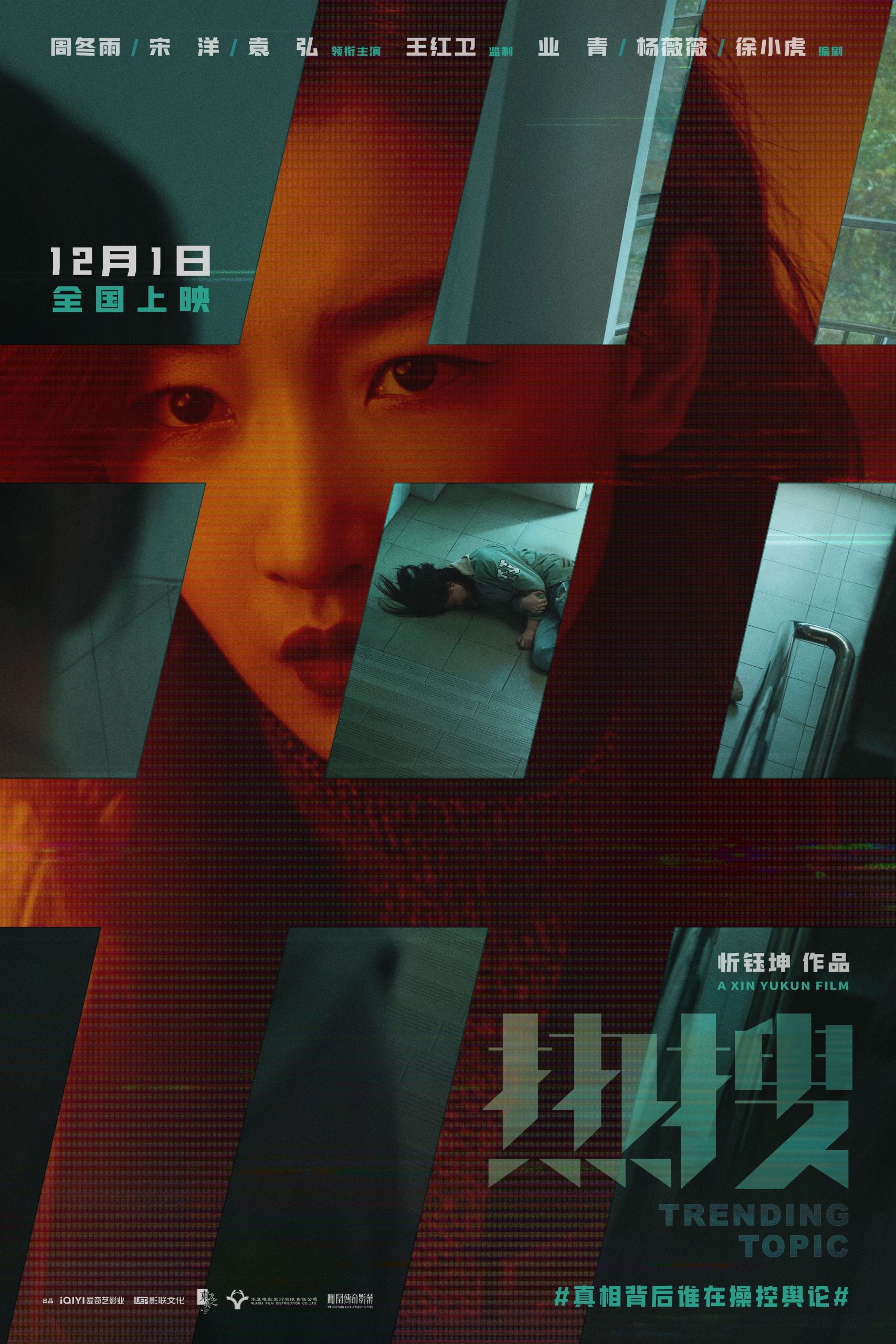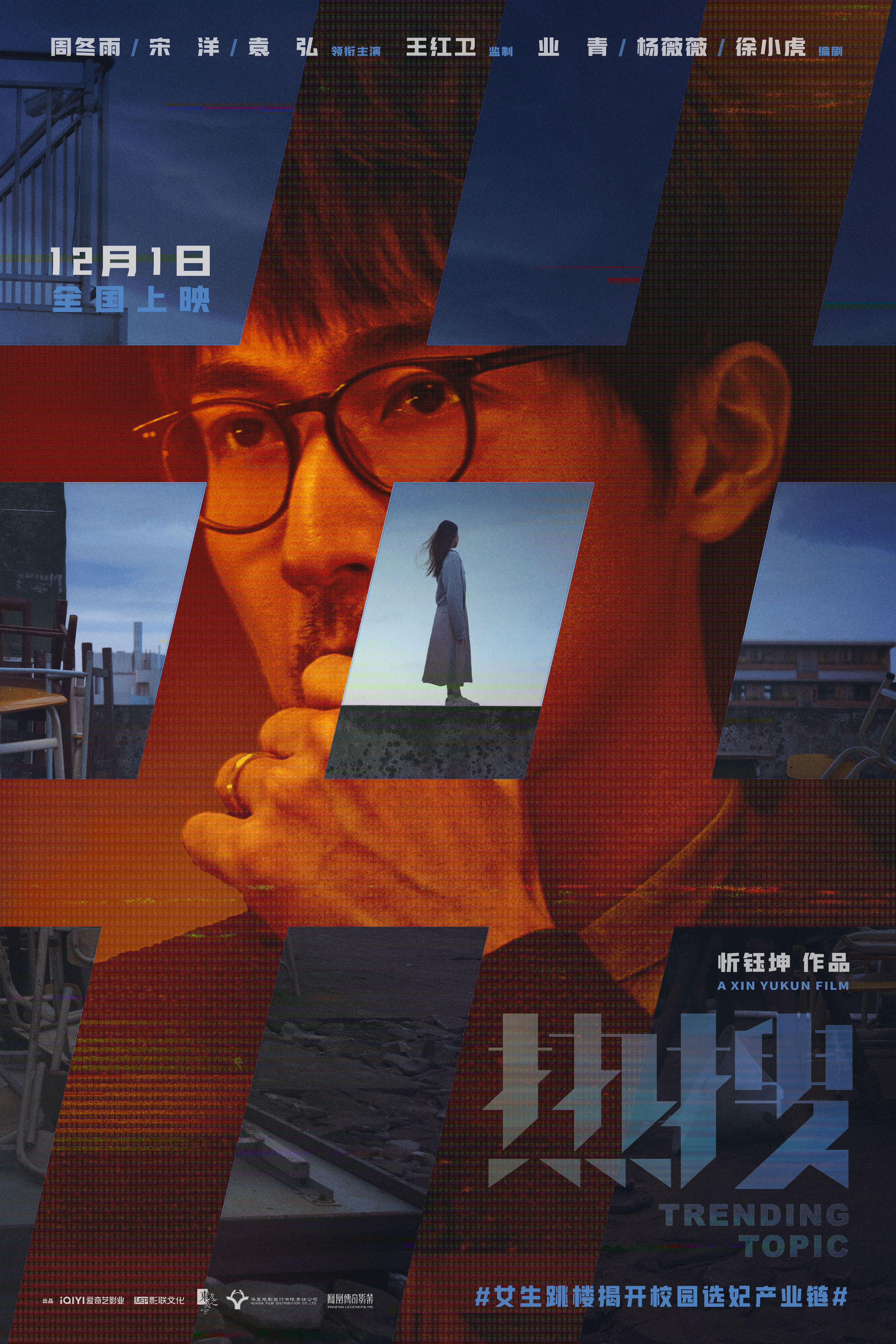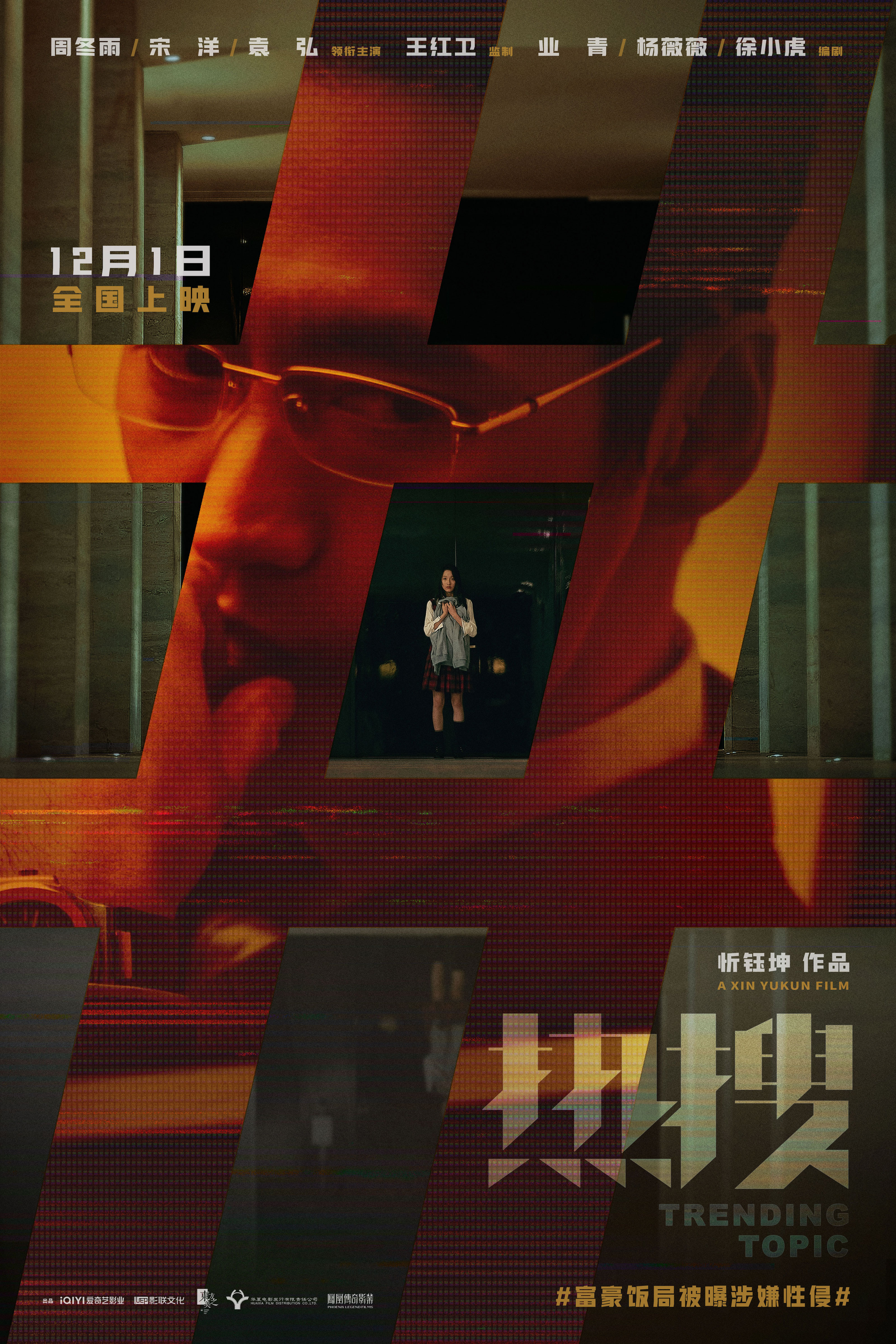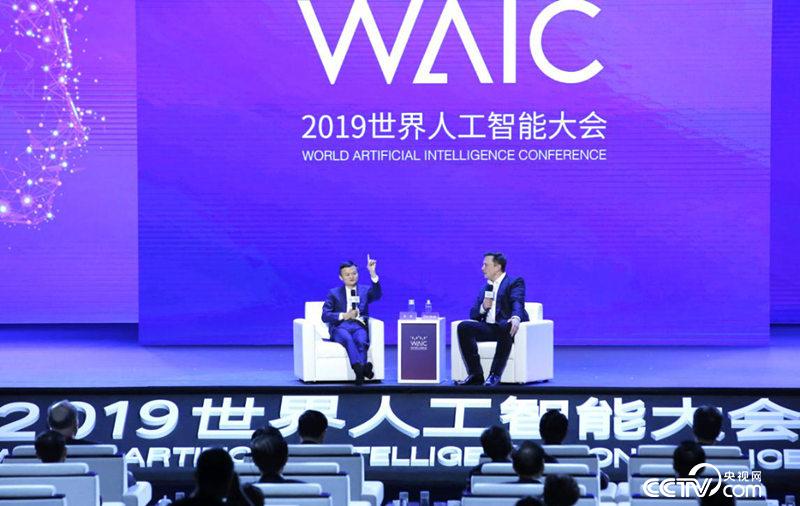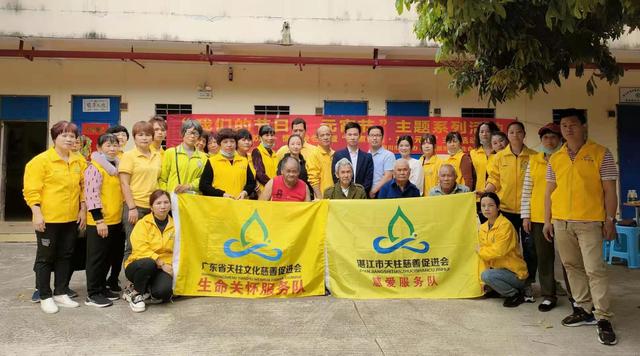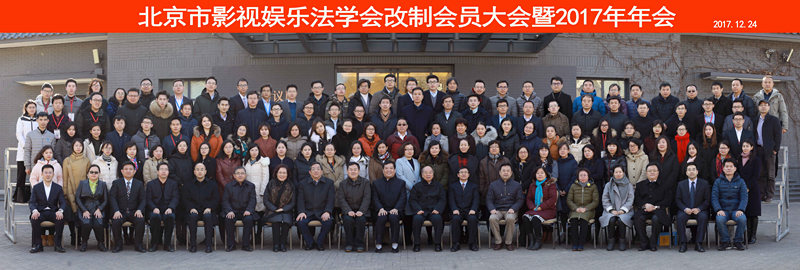
CCTV News:At 9: 00 a.m. on December 24, 2017, the General Assembly of Beijing Film and Television Entertainment Law Society and the 2017 Annual Meeting were successfully held in Beijing Convention Center. More than 300 members from the legal profession and the film and television entertainment industry gathered together with the leaders of the Beijing Law Society and the special guests of the Society to participate in and witness this grand event.
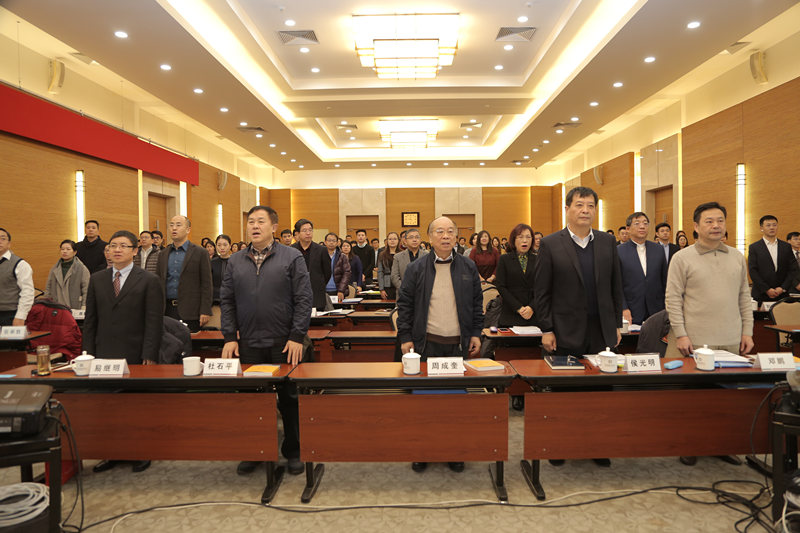
The conference kicked off with the national anthem. The members of the restructuring preparatory group explained the restructuring and renaming of the Film and Television Entertainment Law Research Society of Beijing Law Society, and explained the draft Articles of Association, the draft membership fee standards and management measures, and the draft election measures for the first general meeting. 163 members of the first Council were elected, of which 53 were elected as executive directors of the first Council. Yi Jiming, a professor at Peking University Law School and director of the International Intellectual Property Center, was elected as the president, Liu Chengyuan, a professor at the Institute of Comparative Law of China University of Political Science and Law, Liu Yi, director of the Center for Rule of Law of Beijing Institute of Technology, Shen Weixing, dean of Tsinghua University Law School, Zhang Zheng, vice president of Beijing Lawyers Association, Wang Jingbo, dean of the Institute of Rule of Law of China University of Political Science and Law, and Wu Yu Hui, director of Beijing Liren Law Firm, were elected as vice presidents. Seven people, including Zhang Jusheng, general manager of the legal department of Minmetals Development Co., Ltd., were elected as supervisors, and Zhang Jusheng was the chairman of the board of supervisors.
The release of the work plan in 2018 promotes the rule of law in the film and television entertainment industry.
President Zhou Chengkui pointed out that the current legislation in the field of film and television entertainment is lagging behind, which does not meet the requirements of the 19th National Congress to promote the development of cultural undertakings and improve the market system. Therefore, the Beijing Film and Television Entertainment Law Society shoulders a new mission and believes that it will make an important contribution to the rule of law in the film and television entertainment industry in China. Secretary Hou Guangming extended heartfelt congratulations to the success of the restructuring of the Academy, pointing out that the restructuring conference marked a new step for the Academy, expecting the Academy to contribute to the standardized development of China’s film industry and the construction of a powerful film country. President Du Shiping congratulated the Institute on its achievements in the past year, and put forward the requirements of "three consciousnesses", pointing out that the Institute should always keep in mind the sense of mission, problem and times, and shoulder the mission of enhancing the soft power of the country’s culture.
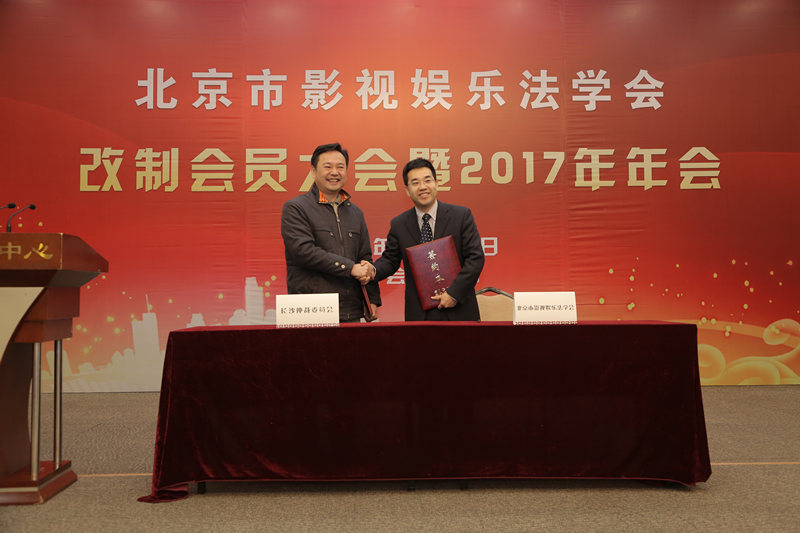
Beijing Film and Television Entertainment Law Society and Changsha Arbitration Commission decided to jointly build the first professional film and television culture arbitration institute in China, and representatives of both parties signed the Framework Agreement on Strategic Cooperation at the meeting.
Lawyer Wu Yuhui, vice president of the Society, released the work plan of the Society in 2018. The Society is expected to officially launch the annual selection plan of Chinese entertainment law, the establishment plan of China’s entertainment law expert database and the "Double Youth Plan" of entertainment law in 2018 (that is, young lawyers and young filmmakers grow together). And will carry out the establishment of the working Committee and professional Committee of the society.
Subject system construction and personnel training of film and television entertainment law
Professor Liu Chengyang, Executive Vice President of the Society and China University of Political Science and Law, and Professor Liu Yi, Executive Vice President and Secretary-General of the Society and Law School of Beijing Institute of Technology, gave keynote speeches on two topics, namely, "Construction of the subject system of film and television entertainment law" and "Personnel training and general education of film and television entertainment law". Professor Liu Chengyang put forward his own ideas on the development of entertainment law in China around four topics: entertainment, entertainment law, disciplinary attribute of entertainment law and system construction of entertainment law. Professor Liu Yi’s speech was divided into two topics. First, he introduced the teaching reform plan of setting up a master’s degree in film and television entertainment law in national law colleges. Secondly, he discussed the feasibility and preliminary scheme of carrying out general legal courses in national film and television colleges.
The guests had an in-depth discussion. Professor Shen Weixing pointed out that Tsinghua Law School has been exploring the creation of emerging interdisciplinary disciplines such as medical and health law, sports law and entertainment law, but emerging disciplines are often questioned as "horse law" in the process of development. In order to prevent the generalization of entertainment law, it is necessary to concise its core issues. Professor Yi Jiming first introduced that Peking University had established the direction of "Entertainment Law" under the discipline of intellectual property rights during the master’s degree, and proposed that entertainment law, as a new industrial law, must deeply understand the specific practices of the industry during the learning process, and add sociological and economic thinking and analysis. Professor Wang Jingbo put forward a thought-provoking view on discipline construction from the perspective of binary opposition between public and private law. Many characteristics in the field of entertainment law reflect the phenomenon of blurred boundaries between public and private law, such as the high industrialization and popularization of entertainment industry and the characteristics of high public interest, which will lead to innovative thinking on traditional legal theory and research methods. Professor Li Danlin introduced in detail the exploration and experience gained by China Communication University in the field of media law for many years, and made suggestions on discipline construction from the similarities and differences between media law and entertainment law. Professor Liang Yingxiu praised the creativity embodied in the establishment of this society. On the premise that entertainment law as a legal discipline has not been recognized by mainstream theories, he first established a research society, so that the society can lead the discipline construction. Professor Zhang Qi cut in from the perspective of film scholars.It points out that the entertainment law has gained new vitality in the context of the transformation of major contradictions put forward at the 19th National Congress and the central government’s strong support for the development of cultural industries, which has also brought us new thinking of "one point, two sides and three dimensions". In this session, the professors expressed their opinions, and generate had a spark of ideological collision.
Present situation and future trend of film and television entertainment legislation
At 2 o’clock in the afternoon, the meeting entered the theme salon of the current situation and future trend of film and television entertainment legislation, presided over by Vice President Wu Yuhui, and invited the leaders of relevant domestic authorities to conduct in-depth discussions on the legislation of entertainment law. Guest speakers include: Director Zhang Yang of Film and Television Development Research Center of State Administration of Press, Publication, Radio, Film and Television, Director Chen Huanan of Cultural Industry Department of Ministry of Culture, Director Sun Jiabao of Policy and Regulation Department of Ministry of Culture, and researcher kun yang of China Press and Publication Research Institute. You had a heated exchange and discussion with the speakers and the members present.
Based on his own work experience, Director Zhang Yang described the difficulties encountered in the process of promoting legislation and the ways to deal with them. He pointed out that since the 18th National Congress of the Communist Party of China, legislation in the cultural field has been accelerated and far-reaching changes and innovative achievements have taken place. At present, there are the Law on the Promotion of Film Industry and the Law on the Guarantee of Public Cultural Services, and there are 17 administrative regulations and 84 rules. At this stage, the formulation of the Publication Law has entered the legislative field of vision, and the revised draft of the Copyright Law is also being planned. Director Chen Huanan made a wonderful exposition on "cultural finance". He pointed out that China first proposed the integration of financial and cultural industries in 2009. Since 2012, the cultural industry has continuously embraced the financial industry. But it also caused a new problem, that is, the excessive generalization of cultural finance. It also mentioned that with the deepening of cultural system reform and the rapid development of cultural industries, cultural finance has new connotations, both hot spots and vigilance. Based on the report of the 19th National Congress of the Communist Party of China, Director Sun Jiabao introduced his experience in cultural legislation from three perspectives: a country ruled by law, a government ruled by law and a society ruled by law. It is also pointed out that in the existing normative documents, the laws and regulations that highlight supervision account for a high proportion, and there are few laws and regulations that promote the transformation and upgrading of industrial sectors and promote development, which is the focus of the government’s next work. Researcher kun yang introduced the current legal situation in the field of press and publication. He pointed out that although there is no press and publication law in China, the legal system construction in this field is synchronized with reform and opening up.The legislative system in the field of press and publication has been formed mainly by two administrative regulations, namely, Regulations on the Administration of Audio-visual Products and Regulations on the Administration of Printing Industry, plus more than 50 departmental regulations, more than 200 normative documents and some judicial interpretations.
In-depth analysis by top experts in the industry
The organizers of the conference invited four top practical experts in the industry to present four wonderful reports for everyone. Lawyer Zhang Zheng, Senior Partner of Beijing Gao Peng Law Firm and Vice President of Beijing Lawyers Association, Judge Dai Yiting of Beijing Higher People’s Court, Judge Feng Gang of Beijing Intellectual Property Court, and Lawyer Wang Jun, Senior Partner of Beijing Yingke Law Firm, respectively delivered wonderful special reports on "The referee points of performing arts brokerage contract disputes and the concept of arbitration settlement of film and television disputes", "The disputes over film and television drama creation from the perspective of contract law", "The legal problems of intellectual property rights in online game live broadcast" and "Typical cases and experience sharing of film and television entertainment law".
Lawyer Zhang Zheng made a detailed analysis of the outstanding advantages of arbitration in resolving disputes in the film and television industry. The characteristics of "good confidentiality and expert adjudication" are two characteristics that he highly praised. In addition, lawyer Zhang Zheng also summed up four concepts of film and television dispute resolution based on his own professional experience. Judge Dai Yiting first analyzed the data characteristics of copyright infringement cases in recent years, and then, in view of the contract disputes related to scripts, Judge Dai gave a detailed interpretation from two aspects: commissioned creation and self-creation. Judge Feng Gang introduced two characteristics of online game industry, one is the high market value of online games, the other is the long industrial chain, and the related derivatives are very rich. Judge Feng also made an in-depth analysis of the legal nature of online games and other hot issues in the industry, and made an accurate analysis of the copyright ownership of "game rules" and "game pictures", and put forward unique opinions, which are refreshing. Lawyer Wang Jun, as a leading lawyer in the entertainment law industry, shared his experience in practice, especially as the attorney of Qiong Yaofang in the case of Qiong Yaofang, and made a detailed interpretation and explanation of the core issues in this case. In addition, Mr. Wang also analyzed the problems in the field of entertainment law, such as business clings, the setting of non-competition clauses in projects, and the difficulty in implementing contracts.
The audience benefited a lot from the wonderful reports of four experts, and the audience applauded constantly.
The meeting also identified four main tasks of the Beijing Film and Television Entertainment Law Society: actively carrying out legal research and academic cooperation and exchange activities; Undertake special research tasks of the legislative and judicial organs of the state and Beijing, and participate in the legal system construction of the state and Beijing; Carry out research on the application of film and television entertainment law and provide relevant legal consulting services; Promote the innovation and development of law education and cultivate talents of film and television entertainment law. As the first academic institution in China with film and television entertainment law as its research object and theme, the Institute will give full play to the academic and industrial advantages of the capital in the future and strive to build a high-end academic research institution, a high-level talent training base and a high-level consulting service platform in the field of film and television entertainment law.
